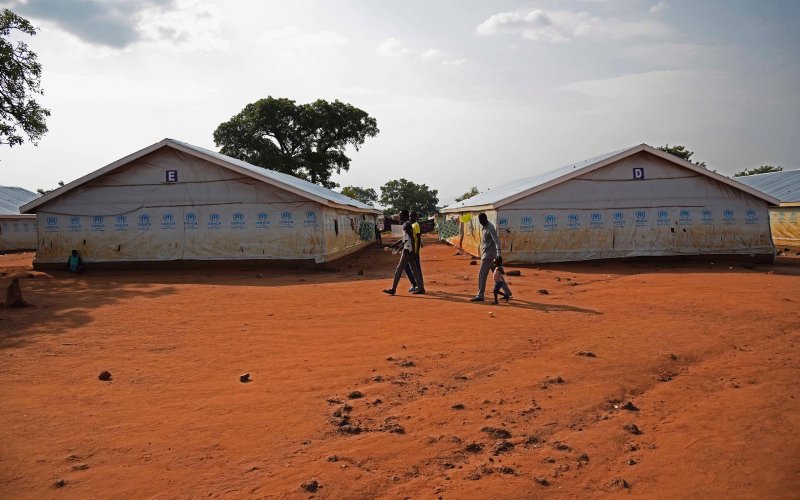The power of film should not be underestimated in portraying sensitive issues.

This was made evident after residents of Mwembeni Village in Pangani District watched the screening of a film on gang rape.
The story line revolves around a young, ambitious business woman based in Dar es Salaam who returns to her home village to attend her sister’s wedding and ends up being gang raped by her ex-boyfriend and a few cronies of his.
The main character refuses to keep silent over the matter and pursues legal channels in the search of justice.
The film ‘Aisha’ depicts the stigma, shame and blame victims face, and how this prevents women and girls from speaking out on gender-based violence.
The production aims at encouraging women and girls to speak up and break the silence over rape and other forms of assault.
“Everyone else would rather turn a blind eye to rape , but Aisha decides to fight a tough battle for justice,” said Dr Vera Pieroth, executive director of Uzikwasa, the organisation that produced the film.
Uzikwasa Programme Officer Salvata Kilanga said after the screening of the film in Pangani last year, one woman decided to take action and report a rape she had suffered years ago. She made the decision during a training programme organised by the same organistion for women on gender based violence.
“We did not expect such a swift response and we are happy that the film made a positive impact against an atrocity that occurs almost daily,” Dr Vera Pieroth said.
After watching the same film a 30-year-old housewife married to a farmer found the guts to abandon her matrimonial home over the fact her husband was defiling their only daughter aged 13.
It is not yet very clear why she left their daughter with her husband while the village committee claims to be sorting out the issue.
In a report released by the Tanzanis Media Women’s Association (Tamwa) this year it revealed that the rape of schoolgirls was mainly fuelled by poverty, superstition and drunkenness.
According to another study carried out in the country most rape incidences were by males known to the victim in 92 per cent of the cases and over 83 per cent of the perpetrators were either closely related to the victim.
During the screening of the film in Pangani last year, a number young men felt that gang rape otherwise referred to as ‘mtungo’ should go on to teach arrogant girls a lesson.
A village leader at Kimang’a, Mr Athumani Omari Muhando, admitted that gang rape is a stark reality in his village and refers to it as a sickness that should be dealt with full force.
“People know what is happening, but do not report the crime. If two or three people could be reported and eventually punished according to the law that would make a big impact,” he says.
He added that in general village leaders hardly have any powers and riled against the habit of families opting to settle rape related incidences outside court.
One of the major problems that has held back people from reporting rape is the lack of trust of law enforcement agencies.
According to a police officer Tumwagile Nsule, in charge of the gender desk at Pangani specialised training of has helped police officers handle reports on rape better.
Statistics made available from Uzikwasa and the police, the number of reported cases has increased dramatically from 21 between January 2014 and December 2015 to 28 in the first six months of this year.
Ms Msule said that ten new cases are currently at the court while the lack of evidence discarded 18 cases.
Reluctance and outright refusal to give evidence in court have been pinpointed out as one of the setbacks in the fight against rape in society.
According to the World Health Organization (WHO), rape is one of the key barriers to sexual health that many women face throughout the world.

